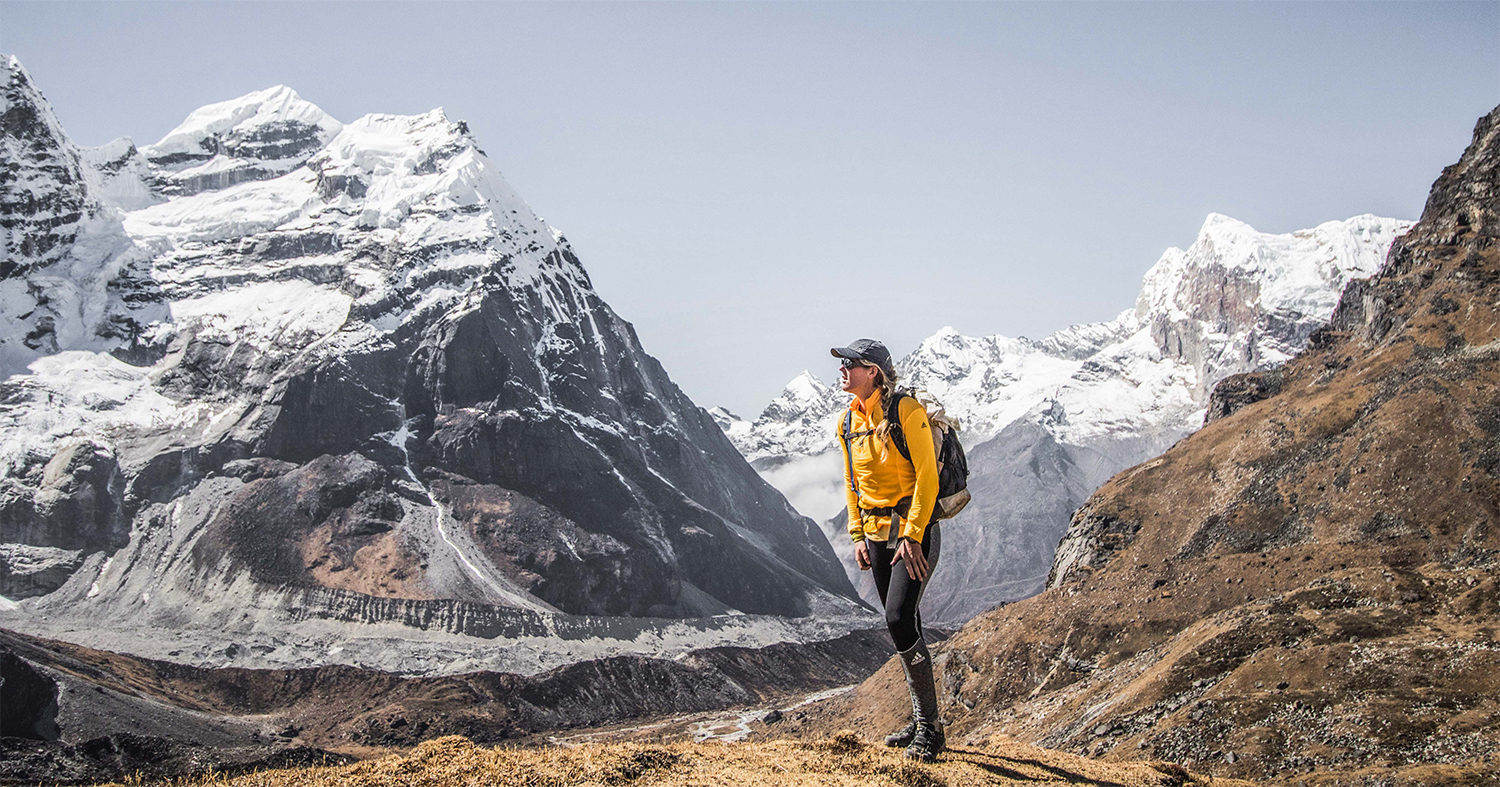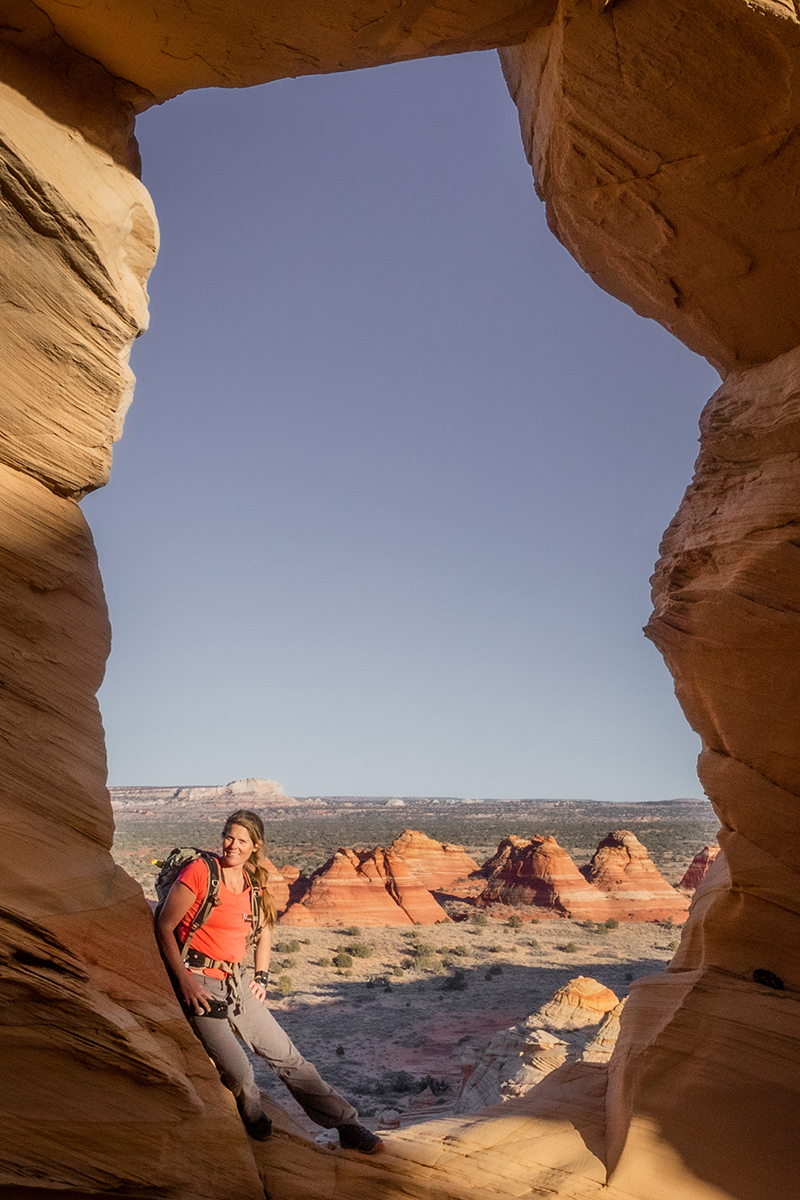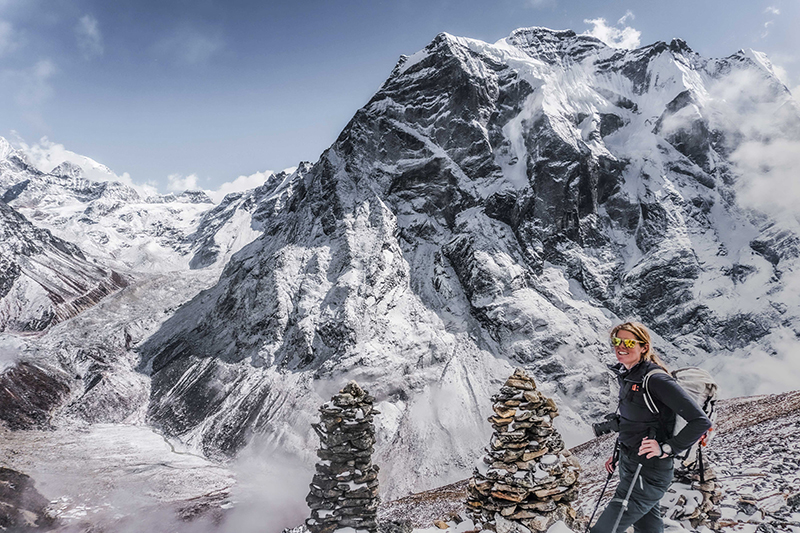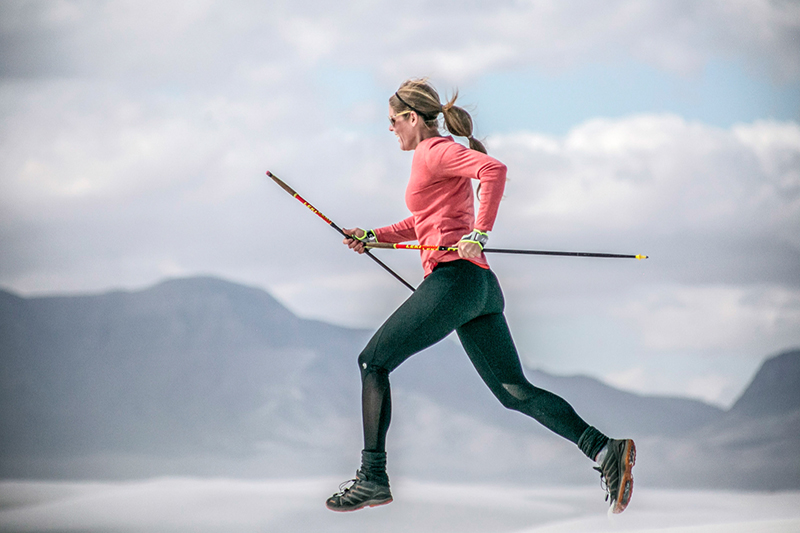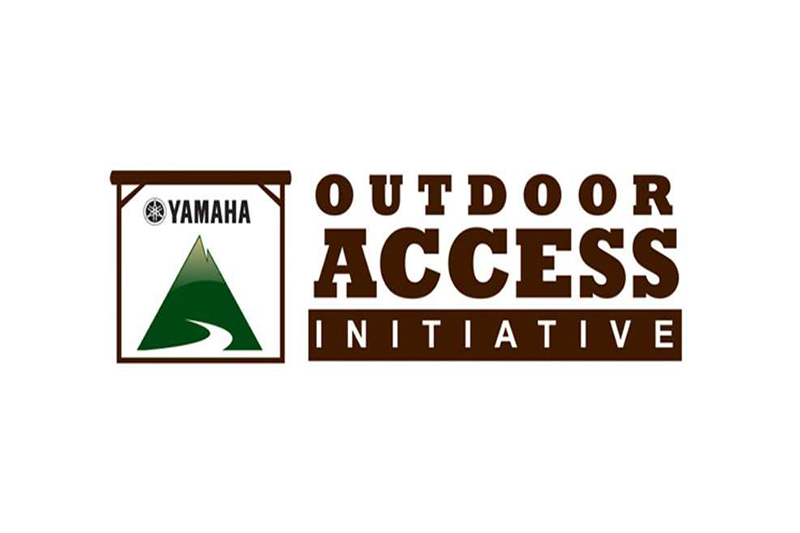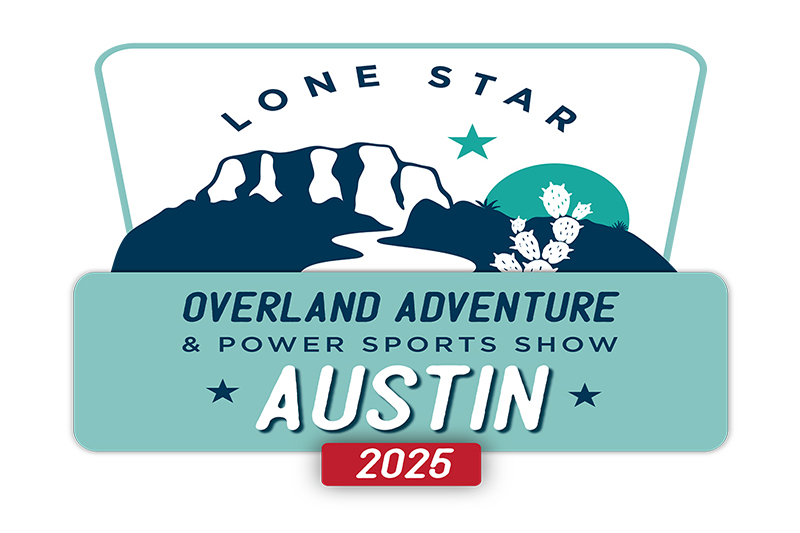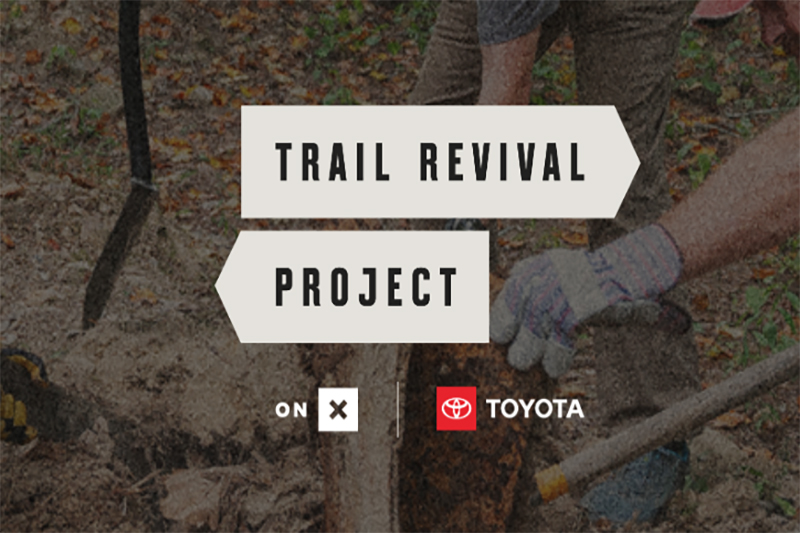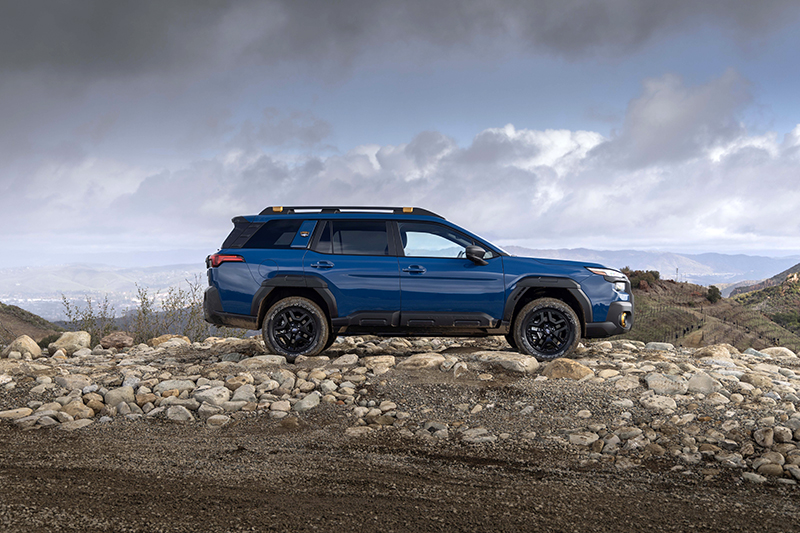Sunny is constantly pushing herself to experience many outdoor adventures. You may find her leading an all-women expedition up Aconcagua, climbing a mountain face, running an ultra-marathon, or leading hikes through southern Utah with her organization, Dreamland Tours.
OX4: Were outdoor activities a part of your childhood?
SS: Not at all. I’d go hiking with my parents now and then, and both my parents were big into skiing, downhill skiing. So we spent the winters in the Alps and skiing at the various resorts there, which is a very different vibe from resort skiing over here, by the way. But, yeah, I was a couch potato as a kid. I was a bit of a dork. I always had my nose in a book. I was a choir nerd. I did debate and Model United Nations and all of those things. And I really did not find the outdoors or adventure endurance sports until my twenties.
OX4: You grew up in Germany but moved to the United States for college. What was the spark to start really enjoying the outdoors?
SS: It started actually the moment that I set foot here in the U.S. when I started at Harvard as a transfer student. Part of that transfer was a six-day orientation trip that was a backpacking trip with fellow transfer students in the White Mountains. We were out there backpacking and kind of experiencing what it was like to try and be self-sufficient for a couple of days. And that was the very first time that I’d ever done anything like that. I’d never carried a backpack before. I never really camped before. I mean, maybe in my backyard as a kid, right? But I had no experience whatsoever, and I remember being absolutely miserable for part of it and then very much loving the rest of it. So that experience was really pivotal for me, and that’s what kind of set me off in wanting to spend time outside and wanting to develop my skill set in the outdoors.
OX4: When you got into business school for your master’s, you started to push yourself further into more outdoor activities and running some half and full marathons. You then spent some time volunteering in Madagascar postgraduate, which led to your first ultra-marathon. Tell us about that experience.
SS: While I was in Madagascar, I got the opportunity at the last minute to go and join an ultramarathon. And that ultramarathon came in three different distances. It came as a 25-kilometer race, a 50-kilometer race, or a 100-kilometer race. I’d done marathons before, but I had no experience with ultra-running. And I looked at those distances and I said, well, that all sounds pretty hard, but the 25-kilometer run has a four-hour cut off, the 50-kilometer run has a twelve-hour cut off, and the 100 kilometer run has a thirty-six-hour cut off. So, if you do the math, every time the distance doubles, the time triples. Right? So in theory, the 100-kilometer should be the one that was the most achievable. So, I decided to sign up for the 100-kilometer race. I was like, well, one-hundred – that’s essentially sixty miles. So you’re looking at a little bit less than two miles-an-hour. On average. Three miles-an-hour is a regular walking pace if you’re hiking. I was like, I can probably do that, right? I’m sure it’ll be hard, but I can probably figure that out. And I signed up for that 100-kilometer race three weeks before the race and finished it. And that was the moment that turned me into both an endurance athlete and an adventure junkie, I guess, because I just absolutely loved it and I decided I needed to do more of it at that point.
OX4: After graduating from business school, you transitioned into a full-time job as a consultant. How did you balance this newfound passion for outdoor adventure and the responsibility of a full-time job?
SS: You know, that was a bit of a rude awakening to start with. I ran that ultramarathon while I was traveling after business school. And I was traveling, realizing I had a gap between graduating and starting my job at Bain in Houston. I came back to Houston after running that first ultramarathon. I had had the opportunity to go to Nepal on a shoestring budget and I just climbed my first six-thousand-meter peak and then I spent a lot of time rock climbing in various areas. It was really the month traveling before I landed in Houston that cemented the idea that I needed the mountains and I needed adventure, and that there was no way that I was giving that up. And yes, then I moved to Houston and started working at Bain. I was very much focused on the weekends. I mean, I was trying so hard all the time to just get out, go on trips, have adventures, and take a Friday and a Monday off, to try to make the weekends longer. I actually remember getting into trouble with my supervisors pretty early on, because they were like, you’re brand new to the company, you’re never here, you have to do something because otherwise you’re not going to have a future here. So that was hard. But I knew that I needed and wanted to excel at my job, and I did. That was really important for me. I had six-figure student loans from Harvard Business School, so I needed to pay those off while I was working and I was still doing my best to just be an excellent consultant and to make the right promotions. I was also spending a lot of time and money on making use of the excellent Houston airports and flying to various destinations around the country pretty much every weekend. I was able to maintain that pace and that rhythm for a good three or four years before I hit a point where I realized that it was just too much and not sustainable for me because I didn’t have any ties in Houston directly. I was single for a good part of the time. I didn’t have family there. I never really invested the time to build a large network of friends, because I was always traveling, I was always gone. I was just really splitting the time between working super hard or being on a red-eye flight, trying to maximize my time in the outdoors.
OX4: How do you get to the point that maybe it is time to move in a new direction and leave the corporate world behind?
SS: I had no plans to give up my career. I thought that I needed to find a way to get the outdoor and adventure craving out of my system and just become a responsible adult. I was very much trying to set myself up for a multi-year career at Bain or at a comparable company that would allow me to put some money aside, hopefully retire early, and just build the type of comfortable and responsible life that we’re all taught to strive for. I was trying to do that and I think I made some moves that were somewhat reasonable. So, for example, when I got promoted to manager, yes, I would obviously accept the promotion very gratefully, but I also negotiated that I would have two months of unpaid, legal absence every year so that I could try and do bigger things and get more of a balance between work and the passion that I had outside of work. I tried that for about a year, but it still wasn’t enough. I had a project at Bain that ended up completely tipping the scales and just putting me into deep burnout. It was just one of those ridiculous projects where you’re working one hundred hours a week or more, and it seemed completely impossible. I was able to pull off the impossible with my team and at the end of the day, after the project was over, everybody was really stoked on it. The partners were happy, the clients were happy, even the team that I had worked to death was happy. But I was standing in the boardroom crying, and saying, I can’t imagine this just happened and I don’t ever want to do it again.
OX4: When the project was completed you knew it was time to move on. You gave them six months’ notice to wrap up work and start planning for the future. What did that next step look like?
SS: I’m going to go and move into a van, and not one of those fancy $80,000 Sprinter vans, but a little $3,000 Chevy Astro van that was a hand me down from twenty years ago, and I’ll live on a $600 budget, and then I’m going to live very frugally in a van for as long as I can. When my money runs out, I will have to figure out what I want to do again, and that’s fine. I’m totally ready for that. But I’m going to give myself permission for three months to not even think about the future now; for three months I’ll take time out to essentially be on sabbatical and to do the things that I love. And that’s how it all started.
OX4: You have accomplished so many mountaineering feats. What do you tell others who feel like they can’t get moving to exercise and explore nature around them?
SS: I am that person. I’ve been that person. I still struggle at times when I haven’t been out and trained for a while and go for a walk with my dog and I hike up the hill and can’t keep up with them. So, my advice would be if adventure seems at all appealing, it doesn’t have to be a 23,000-foot mountain, right? It could be the hill next to your house. It could be a fourteener in Colorado. It could be whatever. If that sounds like something that you look at and you say, oh, man, I wish I could do that – if you want to do it, you can. It’s not a question of where you are in life right now. It’s not a question of having grown up as an athlete. It’s not a question of natural aptitude. I promise that when I was young, my teachers looked at me and they were certain that I had zero natural aptitude. If you find something that grabs your desire and your imagination and sparks a passion, then stop wishing and start planning. It’s just a matter of saying, okay, it’s not that I wish I could do this. Now it’s a matter of I want to do this, I’m going to do this next year or in two years or in three years – whatever it may be – but within a reasonable time frame that actually allows you to put concrete steps into motion. And then as soon as you start talking about that plan, you’re locking yourself into it with accountability because you’re telling other people about it. Then you start working backwards and you say, okay, now what do I need to do to actually make this come true? And the reality is that if you want to do something, chances are you’re going to be able to do it.
OX4: I think at times people can be scared of and paralyzed by failure. How do you deal with failure?
SS: Failure is a completely normal and integral part of the process. I have failed at so many things. I’ve failed on the main mission and at the same time accidentally set off my outdoor career with a much smaller record, right, that then snowballed into bigger things down the road. So that’s just one example. But I have failed at so many things. I’ve dropped out of so many races. I have turned around on so many climbs. I mean, heck, I sometimes step out my front door to walk the dog and I want to be out there for forty-five minutes, and I turn around after ten because I was just feeling like it doesn’t seem like it’s the day for it. So, yeah, I’ve turned around a lot. I failed a lot. I think what’s important is to understand that there are ups and downs and some days you’re crushing it and some days you’re not. That’s okay as long as you keep moving forward and you keep going anyway. It’s important not to allow your failures to define who you are.
Learn more about Sunny by visiting her website at www.sunnystroeer.com.
OutdoorX4 Magazine – Promoting responsible vehicle-based adventure travel and outdoors adventure

